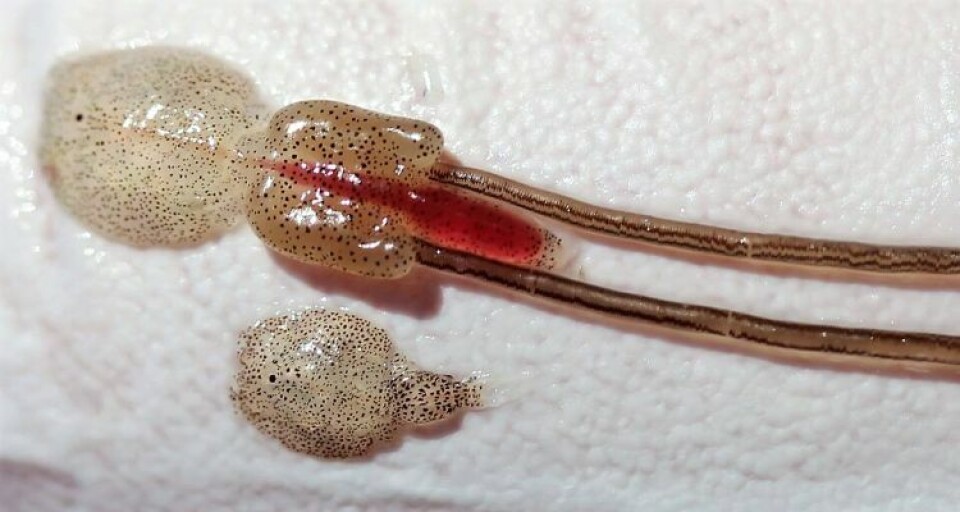
SEPA changes medicine rules to keep control of lice
Scotland’s salmon farmers today welcomed a new move by regulators to allow them to more effectively combat sea lice during the period of reduced staffing caused by the Covid-19 epidemic.
The Scottish Environmental Protection Agency (SEPA) will allow the use of medicinal bath treatments over a shorter period of time and with higher peak concentrations, though there will be no increase in the overall quantity of medicines used. The treatments can take place in tarpaulins or wellboats.
This will allow small, mobile teams of workers that can operate independently to minimise the risk of Covid-19 transmission to move from farm to farm more quickly.
More Slice
SEPA is also allowing a higher use of the in-feed lice treatment Slice (emamectin benzoate) on a small number of sites which are not currently able to use enough to administer an effective treatment.
The Scottish Salmon Producers’ Organisation (SSPO) has been working with SEPA and Marine Scotland to determine pragmatic ways for farmers to manage sea lice with due regard for the environment.

‘Suitable balance’
SSPO sustainability director Anne Anderson said: “The absolute priority is protecting public health and companies are keeping staffing levels as low as possible and adopting Government advice.
“At the same time, the sector has a responsibility to keep fish healthy and follow regulatory protocols and we are pleased that SEPA and Marine Scotland have worked with us to find a suitable balance between protecting workers’ health and good standards of fish health and environmental management.
“As the pandemic continues we will work closely with SEPA and other regulators and organisations to ensure that they are well informed about actions taken on farms and to anticipate any further changes that may be needed in the future.”
Food security
In a position statement on the temporary measures, SEPA said it recognised the important contribution of the finfish aquaculture sector to maintaining food security, along with its continuing responsibilities for the health and welfare of its fish and its priorities of keeping workers safe and minimising the risk of contributing to the transmission of Covid-19.
It added that while fish farmers have increasingly being relying on non-medicinal approaches to fight lice infestations, they may have to rely more on medicine use when access to vessels, specialists in mechanical approaches to lice removal and the number of available farm workers are affected.
SEPA also pointed to the mild winter leading to a possible increased risk of lice.
Wild salmon
It said that loss of control of sea lice on marine finfish farms would result in:
- increased risk to wild salmon smolts and sea trout from elevated concentrations of infectious sea lice in the waters around farms;
- impacts on farmed fish health and, in the extreme, large scale mortalities;
- increased risks to environmental quality if the Covid-19 outbreak makes safely removing and disposing of mortalities from fish pens challenging; and
- reduced availability of farmed salmon and trout for consumers as a consequence of damage to farmed fish health and reduced production levels.
Minimum impacts
It added that it had designed its regulatory position “so that it will enable the sector to control sea lice in these exceptionally challenging circumstances in ways that protect against significant, long-term harm to Scotland’s coastal waters and keep any localised impacts to a minimum”.
Today’s announcement is the second concession SEPA has made to salmon farmers as a result of the Covid-19 epidemic.
Two weeks ago it relaxed rules on biomass limits, fallowing and monitoring requirements to help farms continue to run with reduced levels of staffing.























































